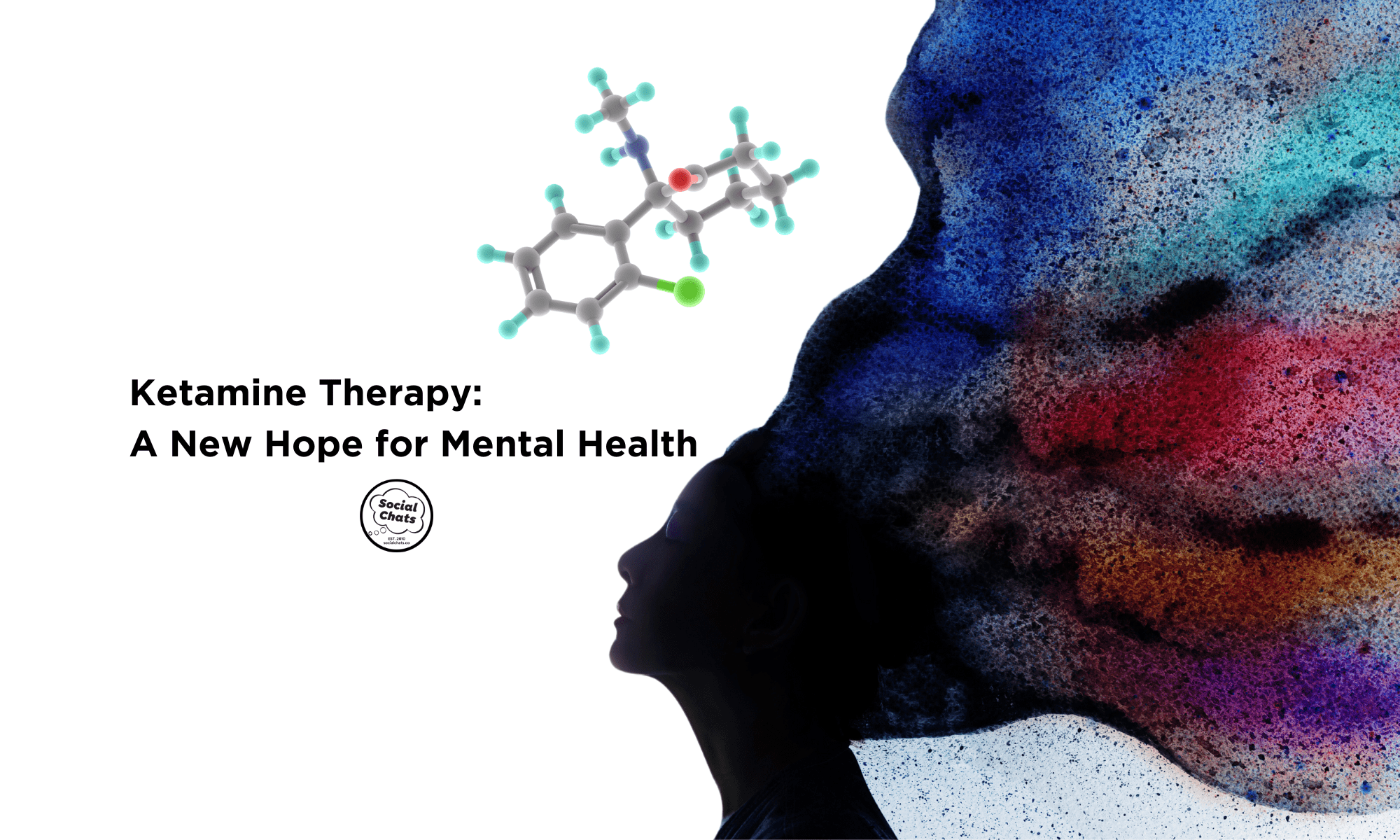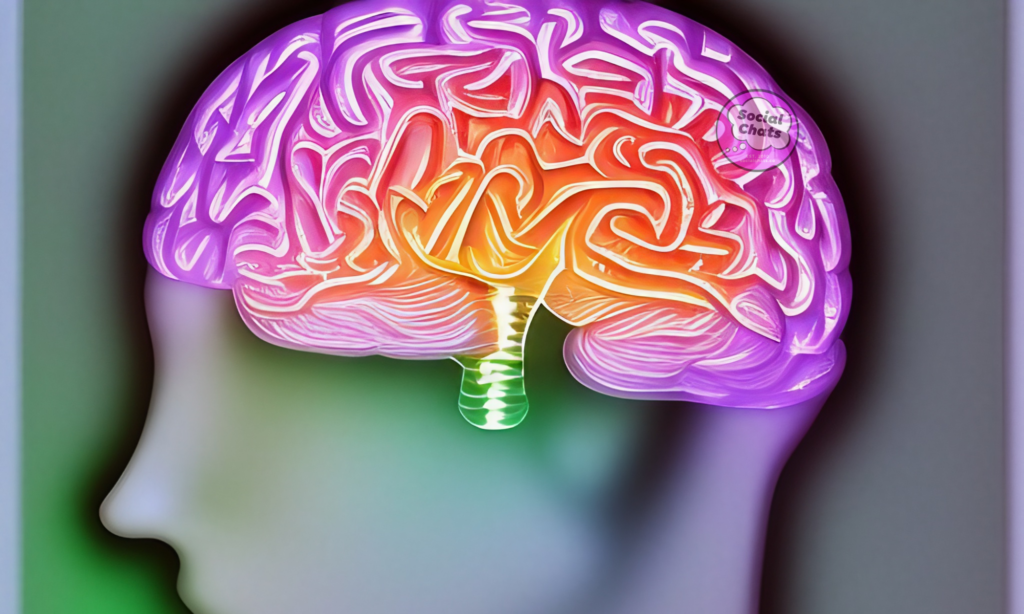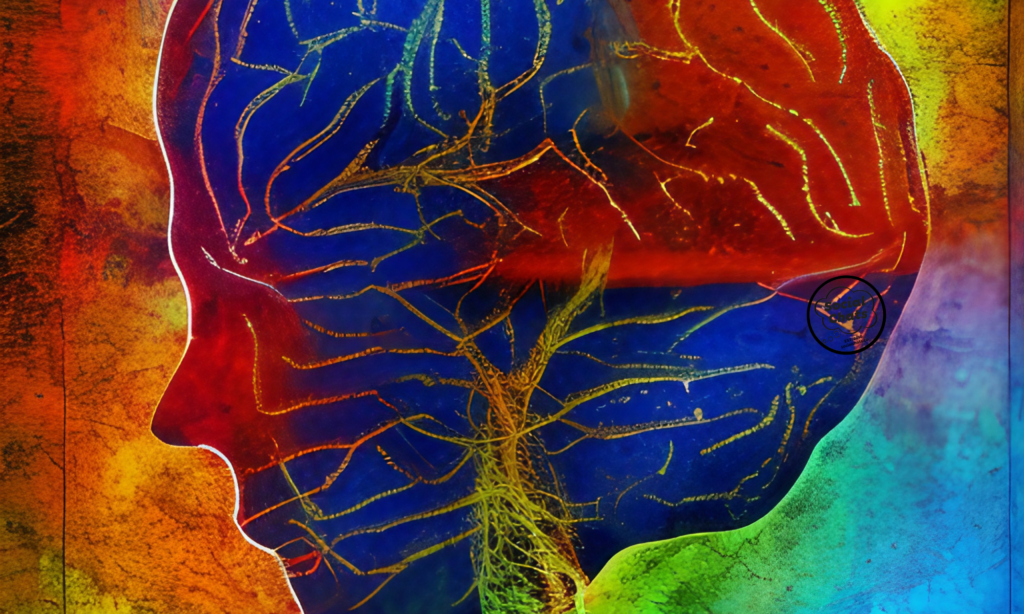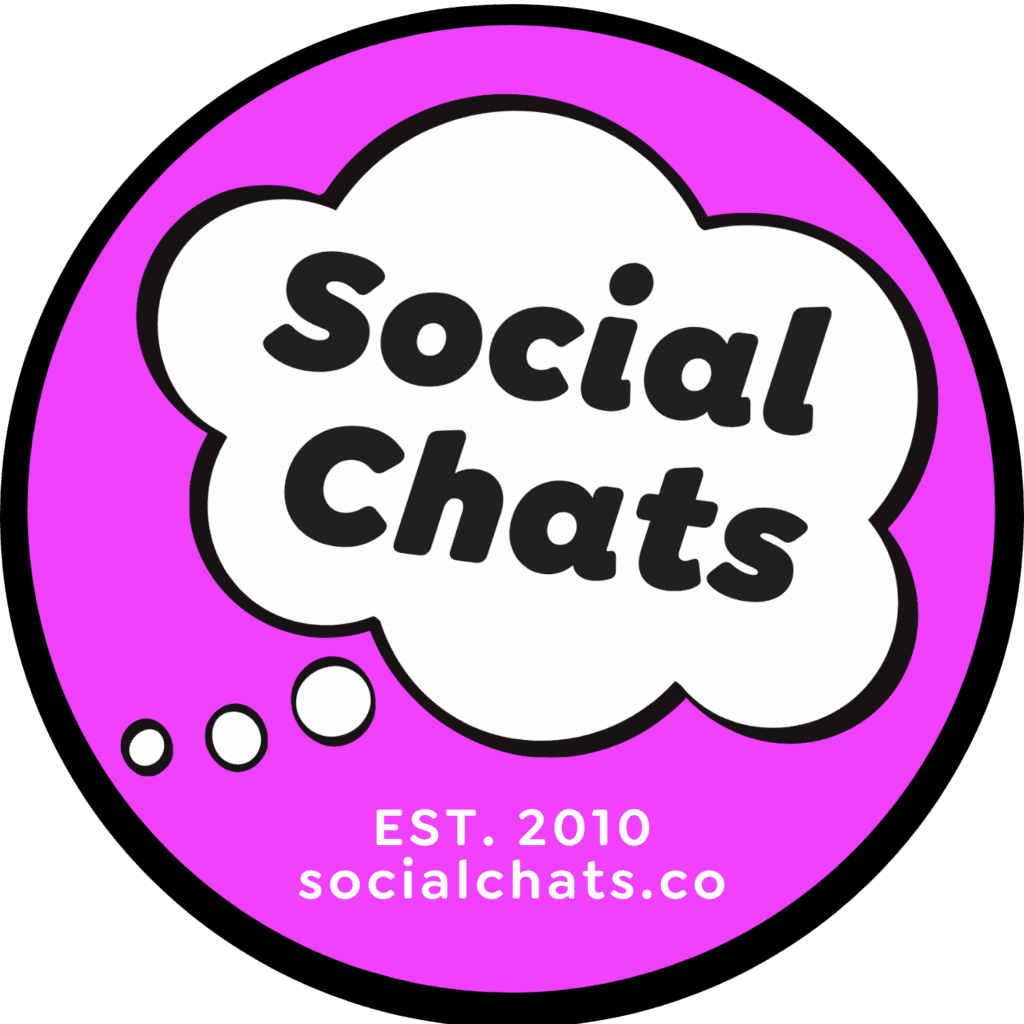

- Startups are prescribing Ketamine online to treat serious mental health conditions, raising concern among psychiatrists about the safety of taking the mind-altering anesthetic without medical supervision.
- Ketamine is approved by the Food and Drug Administration to anesthetize people and animals and has been used safely in hospitals for decades. However, there is less data on Ketamine’s effectiveness for other conditions, including anxiety and PTSD, and little data on its long-term use.
- The FDA has approved a chemically related version of the drug, SPRAVATO® (esketamine), from Johnson & Johnson for treatment-resistant depression with suicidal thoughts; however, clinics certified to administer J&J’s nasal spray must monitor patients for two hours afterward. People taking generic Ketamine at home aren’t subject to the same oversight.
- Taking Ketamine at home without medical supervision increases risks of patients falling and hurting themselves or taking more of the drug than prescribed, say doctors. Ketamine can be addictive, and patients might not get the help they need if they have a distressing experience while taking the drug, psychiatrists said.
Ketamine is approved by the Food and Drug Administration to anesthetize people and animals and has been used safely in hospitals for decades. However, there is less data on Ketamine’s effectiveness for other conditions, including anxiety and PTSD, and little data on its long-term use. There is concern among psychiatrists about the safety of taking Ketamine without medical supervision for treating serious mental health conditions. The FDA has approved a chemically related version of the drug, called Esketamine, from Johnson & Johnson for treatment-resistant depression with suicidal thoughts; however, clinics that are certified to administer J&J’s nasal spray must monitor patients for two hours afterward. People taking generic Ketamine at home aren’t subject to the same oversight.
Taking Ketamine at home without medical supervision increases the risks of patients falling and hurting themselves or taking more of the drug than prescribed, say doctors. Ketamine can be addictive, and patients might not get the help they need if they have a distressing experience while taking the drug, psychiatrists said.
What is ketamine therapy, and how can it help treat mental health disorders like depression and anxiety?
Ketamine is a medication that has been used for decades as an anesthetic. In recent years, Ketamine has also been shown to be effective in treating mental health disorders like depression and anxiety. Ketamine therapy involves infusions of Ketamine, which can help reduce these disorders’ symptoms. Ketamine works by blocking the neurotransmitter glutamate, which is thought to be involved in developing these conditions. Ketamine therapy can help to improve the symptoms of depression and anxiety within a few hours, and the effects can last for several weeks. Ketamine therapy is safe and well-tolerated and can be effective for people who have not responded to other treatments.

How does ketamine work to improve mental health symptoms?
Ketamine is a medication most often used in veterinary medicine as an anesthetic. In recent years, however, Ketamine has also been used to treat humans for various conditions, including pain, substance abuse, and mental health disorders. Though Ketamine is not FDA-approved for treating mental health symptoms, some studies have shown that it can effectively reduce symptoms of depression, anxiety, and post-traumatic stress disorder.
So how does Ketamine work? When Ketamine is taken orally or injected intravenously, it blocks NMDA receptors in the brain. NMDA receptors are responsible for transmitting messages between neurons. By blocking these receptors, Ketamine disrupts communication between neurons and prevents the formation of new memories. This might sound bad, but it can help treat mental health disorders. For people with depression, Ketamine can break the cycle of negative thinking by preventing them from forming new negative memories. For people with anxiety or PTSD, Ketamine can help to reduce fear and prevent intrusive thoughts or flashbacks. In some cases, Ketamine has been shown to relieve mental health symptoms within hours or days after treatment.
Though more research is needed to determine the long-term efficacy of Ketamine for mental health disorders, it shows promise as a potential treatment for various conditions. If you are struggling with mental health symptoms, talk to your doctor about whether Ketamine might be right for you.
The benefits of ketamine therapy for mental health treatment.
Ketamine is a medication used for decades as an anesthetic for surgery. In the past few years, Ketamine has shown great promise in treating mental health conditions like depression, anxiety, and PTSD. Ketamine therapy is a relatively new treatment, but it is quickly gaining popularity due to its effectiveness. Unlike traditional medications, Ketamine changes how the brain processes information. This allows Ketamine to effectively treat mental health conditions that have not responded to other treatments. Ketamine therapy is usually given as an IV infusion in a doctor’s office or hospital. The infusion takes about an hour, and patients typically experience relief from their symptoms within a few hours. Ketamine therapy is usually given on an outpatient basis, meaning patients can go home the same day. Ketamine therapy is generally well-tolerated; dizziness and nausea are the most common side effects. Ketamine therapy is a promising new treatment for mental health conditions, and it may offer hope for those who have not found relief from other therapies.

The risks and side effects of ketamine therapy.
Despite its promise as a therapy for depression and other mental health conditions, Ketamine is not without its risks. The most common side effect of Ketamine is dizziness, followed by nausea and vomiting. In some cases, Ketamine may also cause dissociation, which can lead to feelings of detachment from one’s body or environment. In addition, Ketamine may be addictive and can cause dependence if it is used on a long-term basis. As with any medication, it is important to weigh the risks and benefits of ketamine therapy with your doctor before starting treatment.
How to find a qualified provider of ketamine therapy.
Ketamine is a medication that effectively treats depression, anxiety, and chronic pain. Ketamine is not typically used as a first-line treatment for these conditions, but it can be an option for people who have not responded well to other treatments. Ketamine therapy is typically provided by physicians who have received training in ketamine administration and who are familiar with the risks and benefits of Ketamine. You can ask your primary care physician for a referral to a ketamine provider or search for providers online. When choosing a ketamine provider, it is important to ensure that they are qualified and have experience treating the condition you seek. Before beginning ketamine therapy, it is important to meet with the provider to discuss your medical history and ensure that Ketamine is right for you.
Conclusion:
Ketamine therapy is a relatively new treatment for mental health disorders that have shown promising results. How does Ketamine work to improve mental health symptoms? What are the benefits of ketamine therapy for mental health treatment? These are questions that still need more research to be answered definitively. The risks and side effects of ketamine therapy should also be considered before starting treatment. Finding a qualified provider of ketamine therapy is important to ensure you receive the best possible care.
Have you tried ketamine therapy? What were your results? Share your story in the comments below!
References:
Americans Take Ketamine at Home for Depression With Little Oversight https://www.wsj.com/articles/ketamine-depression-treatment-mental-health-home-11667059093
Efficacy of ketamine therapy in the treatment of depression. https://www.ncbi.nlm.nih.gov/pmc/articles/PMC6767816/
- Synthesizing the Evidence for Ketamine and Esketamine in Treatment-Resistant Depression: An International Expert Opinion on the Available Evidence and Implementation https://www.ncbi.nlm.nih.gov/pmc/articles/PMC9635017
WRITTEN BY
Social Chats
Social Chats is a multimedia and entertainment company. It’s a division of kNOw Aging, inc. a communications consultancy.









